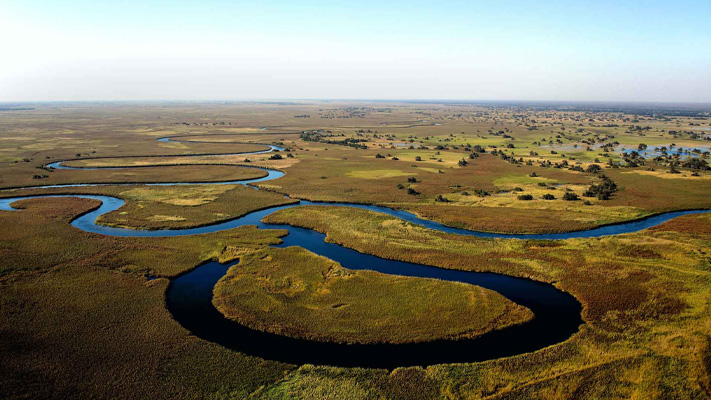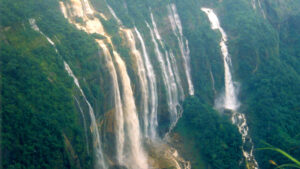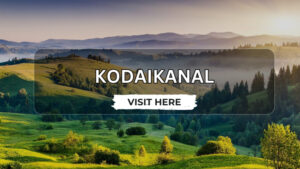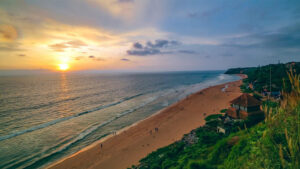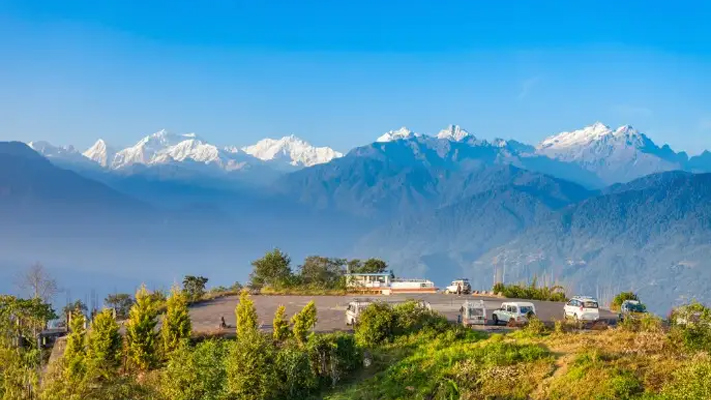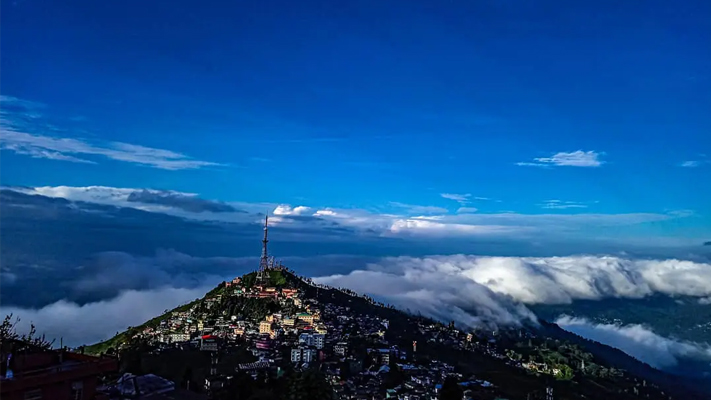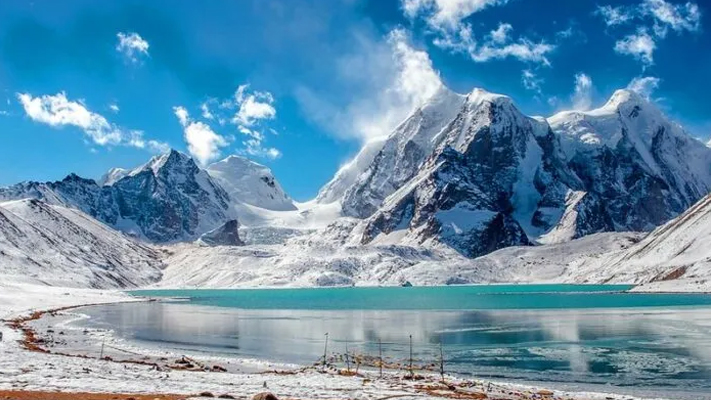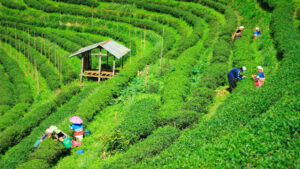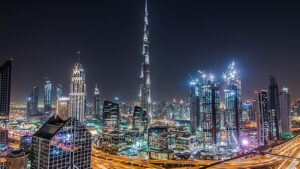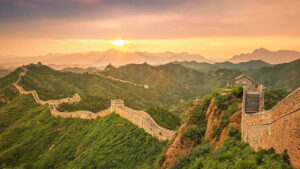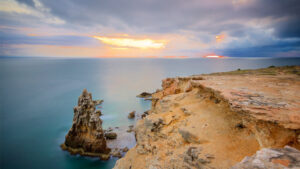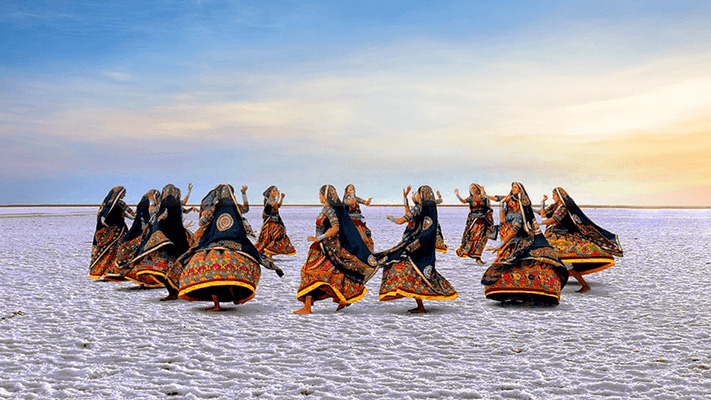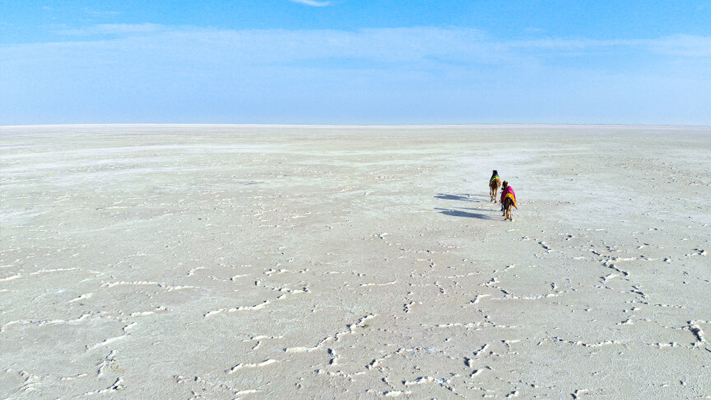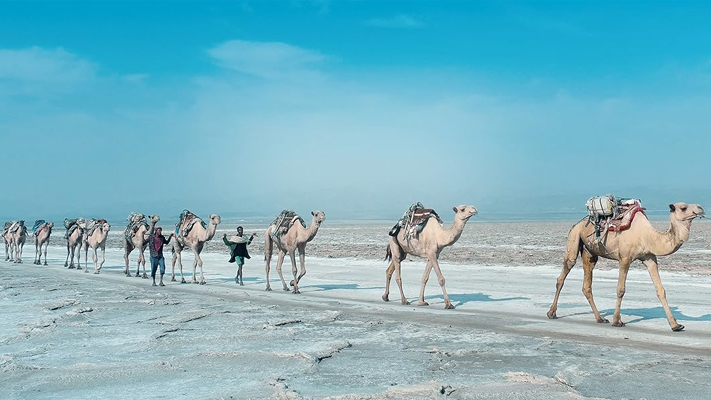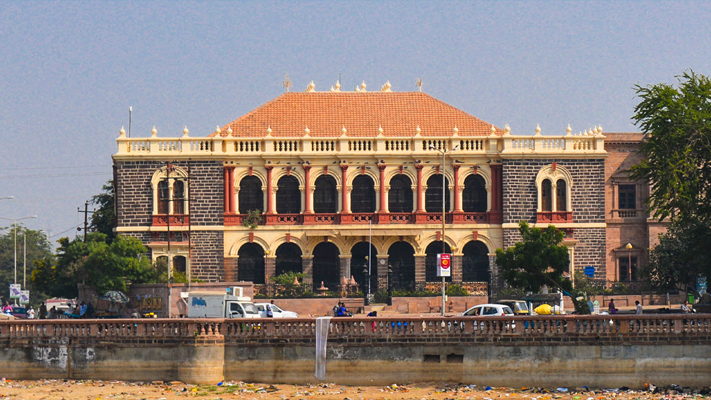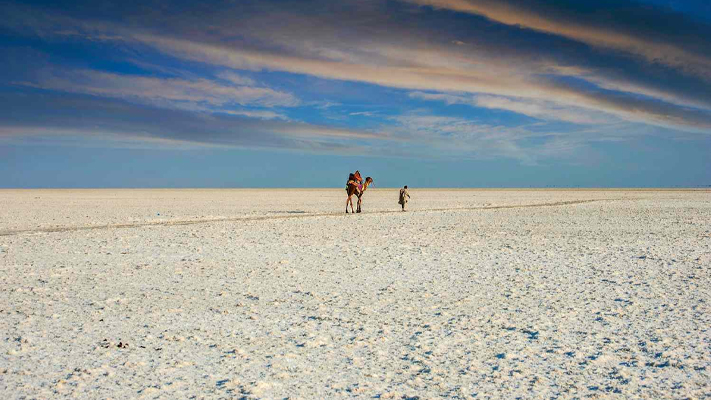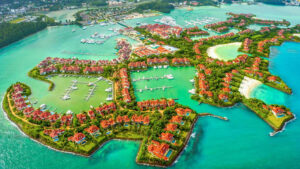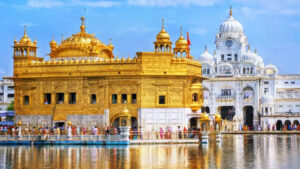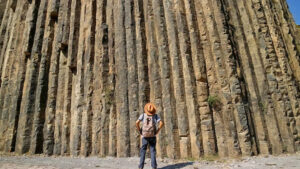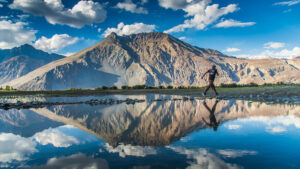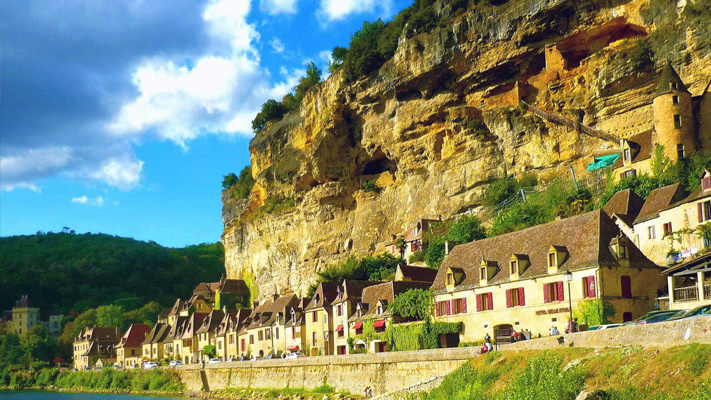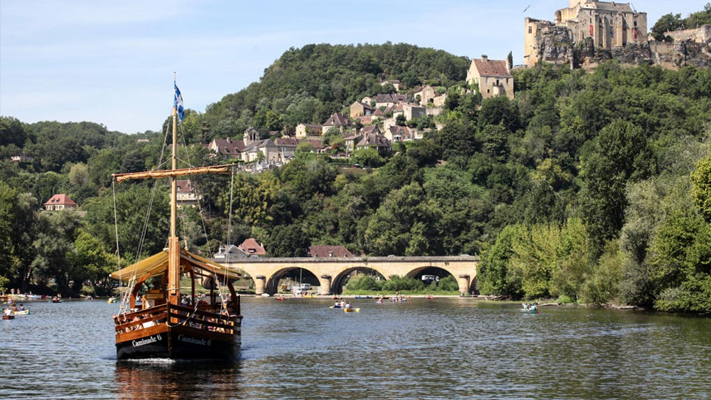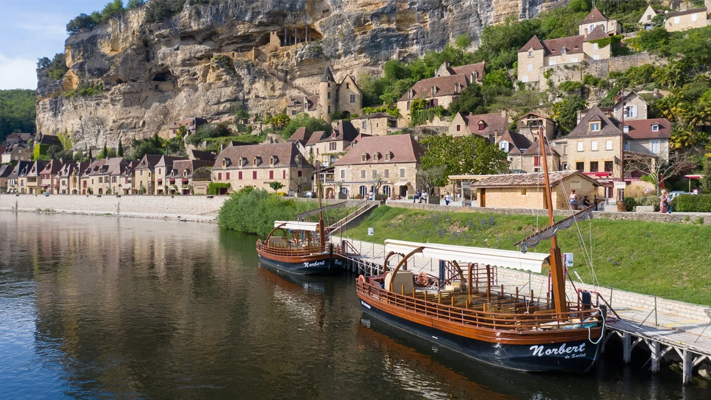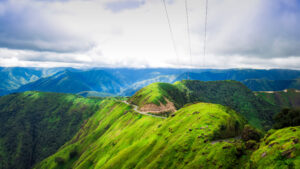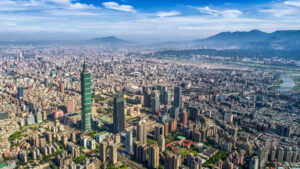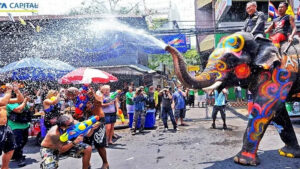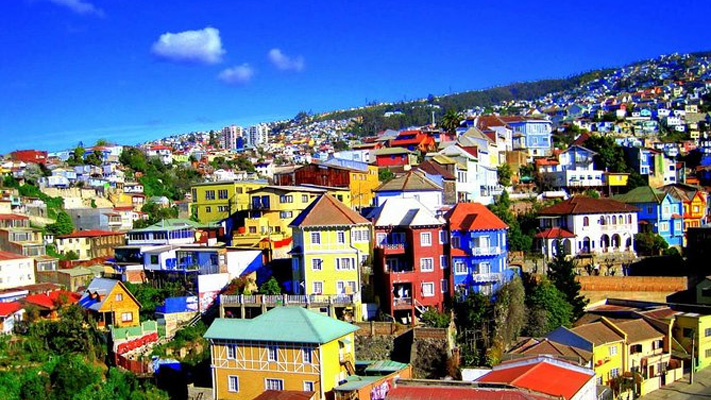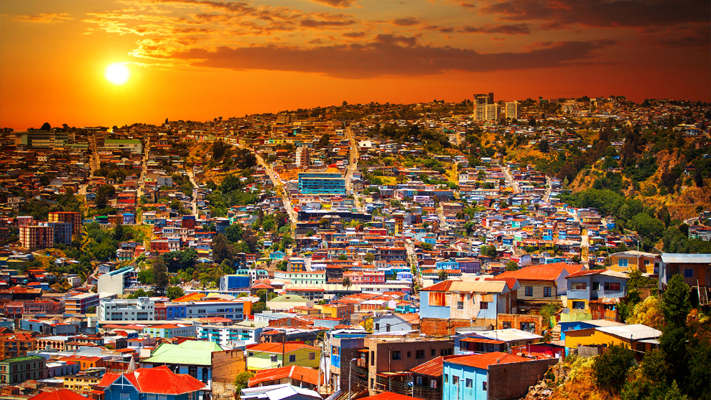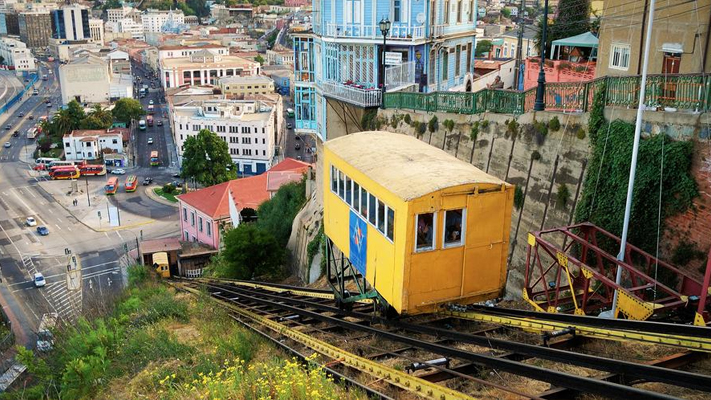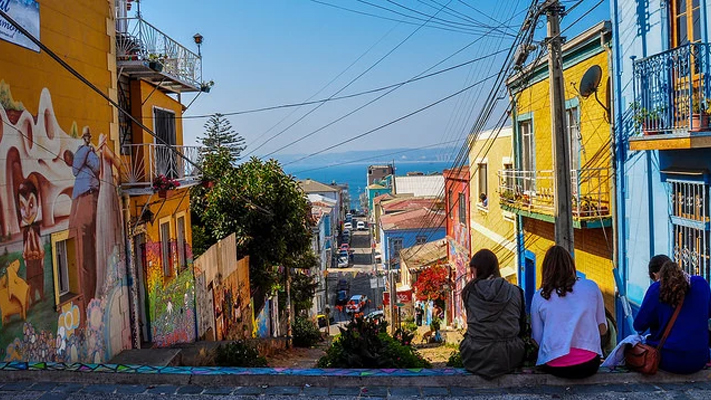OKAVANGO DELTA, BOTSWANA – DISCOVER UNTAMED BEAUTY IN A PARADISE OF WILDLIFE AND SERENITY

The Okavango Delta is indeed a remarkable tourist destination located in Botswana, Southern Africa. It is considered one of the most breathtaking and unique natural wonders in the world. Here are some key aspects of the Okavango Delta that make it a popular choice among travelers:

- Magnificent Natural Beauty: The Okavango Delta is a vast inland river delta, formed by the Okavango River. Its picturesque landscapes consist of meandering water channels, lagoons, islands, and lush vegetation. The delta is a haven for wildlife and provides incredible opportunities for wildlife viewing and photography.
- Extraordinary Wildlife: The Okavango Delta is home to a diverse array of wildlife species. Visitors have the chance to spot the Big Five (elephants, lions, leopards, rhinoceros, and buffaloes), as well as cheetahs, wild dogs, giraffes, hippos, crocodiles, and numerous bird species. The delta’s water-based safaris offer a unique perspective to observe wildlife up close.
- Mokoro Excursions: One of the highlights of visiting the Okavango Delta is experiencing a traditional mokoro (dugout canoe) excursion. Guided by local experts, these excursions allow visitors to navigate through the tranquil waterways, surrounded by papyrus reeds and stunning landscapes. It’s a peaceful and intimate way to explore the delta’s water-based ecosystem.
- Game Drives and Walking Safaris: In addition to mokoro excursions, the Okavango Delta offers game drives and walking safaris. These activities provide opportunities to explore the delta’s diverse habitats, track wildlife on foot, and witness predators and other animals in action. Expert guides ensure a safe and informative experience.
- Luxury Safari Lodges: The Okavango Delta is known for its high-end safari lodges and camps, offering luxurious accommodations and exceptional service. Many lodges are situated in private concessions, providing exclusive wildlife experiences with fewer crowds. These lodges often offer comfortable amenities, gourmet dining, and even spas, ensuring a lavish and unforgettable stay.
- Cultural Interactions: Botswana is home to several ethnic groups, including the Batswana people. Engaging with local communities provides an opportunity to learn about their traditions, customs, and daily life. Some lodges organize cultural visits, allowing visitors to interact with local villagers and gain insights into their culture and heritage.
- Responsible Tourism: Botswana, including the Okavango Delta, has a strong commitment to sustainable and responsible tourism. The government and local communities work together to protect the delta’s fragile ecosystem and wildlife. Many lodges actively support conservation initiatives, community development, and responsible wildlife management practices.
It’s important to note that the Okavango Delta’s accessibility can vary depending on the time of year due to seasonal flooding. It is advisable to plan your visit during the dry season (typically May to October) for optimal wildlife viewing and easier access to different areas of the delta.
Experiences and Activities Enjoyed by Tourists
Tourists visiting the Okavango Delta can partake in a wide range of experiences and activities that allow them to fully immerse themselves in the natural beauty and wildlife of the region. Here are some of the most popular activities enjoyed by visitors:

- Game Drives: Game drives are a staple activity in the Okavango Delta. Experienced guides lead visitors on 4×4 safari vehicles, taking them through the delta’s diverse landscapes in search of wildlife. Game drives often occur during early morning or late afternoon when animals are most active. It’s an excellent opportunity to spot a variety of animals, including elephants, lions, giraffes, zebras, and antelopes.
- Mokoro Excursions: As mentioned earlier, mokoro excursions are a unique way to explore the delta’s waterways. Visitors sit in traditional dugout canoes (mokoros) while being silently paddled by experienced polers. This serene experience allows tourists to observe aquatic wildlife, such as hippos, crocodiles, and various bird species, while gliding through the calm waters.
- Walking Safaris: Walking safaris provide a different perspective on wildlife viewing. Accompanied by expert guides, visitors can explore the delta on foot, focusing on the smaller details of the ecosystem, such as birdlife, plant life, and tracks of animals. Walking safaris offer an intimate experience, allowing tourists to appreciate the intricate beauty of the delta up close.
- Birdwatching: The Okavango Delta is a paradise for bird enthusiasts, with over 400 bird species recorded in the region. The diverse habitats, including floodplains, grasslands, and woodlands, attract a wide variety of birds, including herons, storks, kingfishers, eagles, and numerous migratory species. Birdwatching tours or simply observing the birdlife during other activities can be a rewarding experience for nature lovers.
- Fishing: The delta’s waterways are also home to a rich variety of fish species, making fishing a popular activity. Visitors can try their hand at catch-and-release fishing, targeting species like tigerfish, bream, and catfish. Fishing excursions often take place in designated areas and are subject to fishing regulations to ensure sustainable practices.
- Cultural Visits: Many lodges and camps in the Okavango Delta organize cultural visits to nearby villages, providing tourists with an opportunity to learn about the local communities and their traditional way of life. Visitors can interact with the villagers, witness traditional dances, and gain insights into the local culture and customs.
- Photography: The Okavango Delta offers extraordinary photographic opportunities. From capturing dramatic landscapes and wildlife encounters to documenting the unique cultural experiences, photographers will find endless subjects to capture. Whether you’re a professional or an amateur photographer, the delta’s stunning beauty is sure to inspire memorable shots.
- Night Drives: Some lodges offer night drives, which allow tourists to witness the delta’s nocturnal creatures. With the help of spotlights, visitors can observe animals like leopards, hyenas, genets, and owls as they become active after sunset. Night drives provide a thrilling and different perspective on the delta’s wildlife.
Top Attractions and Must Visit Places
The Okavango Delta and its surrounding areas offer a plethora of attractions and must-visit places that showcase the region’s natural beauty, wildlife, and cultural heritage. Here are some of the top attractions and places to consider:

- Moremi Game Reserve: Located within the Okavango Delta, Moremi Game Reserve is a wildlife-rich area known for its diverse ecosystems. It offers excellent game viewing opportunities, including sightings of lions, elephants, leopards, cheetahs, and a wide range of bird species.
- Chobe National Park: Although not directly part of the Okavango Delta, Chobe National Park is a popular destination nearby. It is renowned for its large elephant population and boat safaris along the Chobe River, where visitors can witness herds of elephants, hippos, crocodiles, and various birdlife.
- Khwai Community Concession: Situated adjacent to Moremi Game Reserve, the Khwai Community Concession is a private reserve known for its remarkable wildlife sightings. It offers a range of activities, including game drives, night drives, walking safaris, and mokoro excursions.
- Okavango Panhandle: The Panhandle is the northernmost stretch of the Okavango Delta, where the Okavango River enters the delta. It is an area of stunning natural beauty, with serene waterways, abundant birdlife, and opportunities for fishing and boat trips.
- Tsodilo Hills: Located in northwest Botswana, Tsodilo Hills is a UNESCO World Heritage Site and a sacred place for the San people, also known as Bushmen. The hills are adorned with ancient rock paintings, some of which date back over 20,000 years, making it a significant cultural and archaeological site.
- Savute: Situated in the Chobe National Park, the Savute region is renowned for its predator interactions, including lion prides and hyena clans. It is also known for its unique landscape, which alternates between dry and marshy conditions, resulting in diverse wildlife sightings.
- Makgadikgadi Pans: While not directly connected to the Okavango Delta, the Makgadikgadi Pans are worth visiting if you have the opportunity. These vast salt pans offer a surreal and otherworldly experience, particularly during the wet season when they attract large herds of zebras and wildebeests.
- Xakanaxa: Located in the Moremi Game Reserve, Xakanaxa is a beautiful region known for its diverse birdlife, including African fish eagles, kingfishers, and herons. Visitors can also enjoy game drives, boat safaris, and walking safaris in this area.
- Gcwihaba Caves: Located southwest of the Okavango Delta, the Gcwihaba Caves are a fascinating underground network of limestone caves. Exploring the caves reveals stalactites, stalagmites, and unique formations, and it offers an opportunity to learn about the geological history of the region.
Best Time to Visit
The best time to visit the Okavango Delta in Botswana can depend on various factors, including weather, wildlife viewing opportunities, and the occurrence of special events and festivals. Here’s a breakdown of the different seasons and what they offer:

- Dry Season (May to October): The dry season is generally considered the best time to visit the Okavango Delta. The weather is characterized by warm days and cool nights. This is also the peak tourist season, offering excellent wildlife viewing as animals gather around water sources.
- Wet Season (November to April): The wet season in the Okavango Delta brings sporadic rainfall, resulting in lush greenery and a surge in birdlife. The landscape transforms into a vibrant, colorful paradise. It’s worth noting that some lodges and camps might close during this season, and the abundance of water can make certain areas inaccessible.


